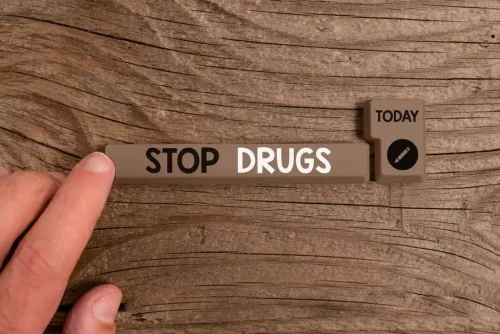
The brain adjusts to the large presence of alcohol by ramping up the production of excitatory neurotransmitters in the body. You may experience alcohol-induced anxiety, which can last for hours or even an entire day after drinking. It’s that next day jittery feeling and a racing heart that you can’t shake. Cynthia Catchings is a trilingual licensed clinical social worker-supervisor, mental health consultant, professor, and trainer alcohol and anxiety for federal law enforcement agencies. Cynthia has over 15 years of experience in the mental health profession. She is passionate about women’s mental health, life transitions, and stress management.
Engage in regular physical activity
Talking therapies like CBT (cognitive behavioural therapy), can help you learn to spot unhelpful patterns of behaviour and help you to develop coping strategies. Talkiatry is a national psychiatry practice that provides in-network, virtual care. Co-founded by a patient and a triple-board-certified psychiatrist, Talkiatry has over 300 doctors, 60 insurance partners, and first visits available in days.
What the alcohol-anxiety relationship looked like in my life:
Some experts believe this might be because alcohol affects the part of the brain that deals with negative emotion regulation. The relationship between alcohol and anxiety is complex and often cyclical. While some people might initially turn to alcohol to cope with anxiety, the reality is that it can actually worsen anxiety in the long run, creating a vicious cycle that can be difficult to break. Factors such as dehydration, lack of quality sleep, and alcohol withdrawal symptoms can further contribute to prolonged anxiety.
Follow us on social media
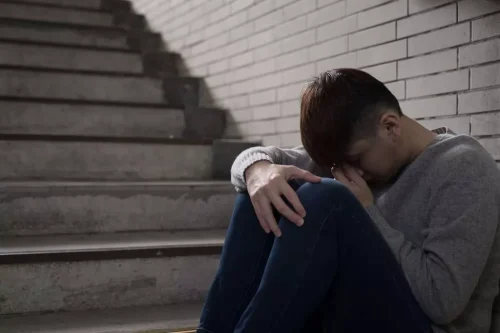
AUD and psychiatric conditions may exacerbate each other, so it is possible for alcohol to worsen anxiety. Naltrexone is typically prescribed for patients trying to reduce or stop alcohol consumption. It is usually taken once daily and can be combined with other medications for anxiety. Diazepam is a benzodiazepine that enhances the effects of the neurotransmitter GABA, helping to reduce anxiety. If you think you have a problem with alcohol, seek help from your doctor right away. Using alcohol to cope with social anxiety disorder can be dangerous.
- We treat patients with anxiety, depression, trauma, ADHD, and more.
- It’s also no secret that drinking—especially heavy drinking—can bring on feelings of regret the next day.
- Over time, alcohol can actually raise levels of stress and worsen (or cause) mental health conditions10 like depression and anxiety.
Use medication under doctor’s supervision
- It’s common for people with social anxiety disorder to drink alcohol to cope with social interactions.
- Ask your doctor if moderate alcohol consumption is suitable for you.
- People with AUD may have a higher risk of developing an anxiety disorder.
- When blood pressure, the force of blood flowing through your arteries, is consistently high, that ups your risk for heart attack, stroke and heart failure, as well as vision loss and kidney disease.
At first, drinking can reduce fears and take your mind off of your troubles. It can help you feel less shy, give you a boost in mood, and make you feel generally relaxed. In fact, alcohol’s effects can be similar to those of antianxiety medications. Seeking professional treatment for an alcohol use disorder and anxiety can help you regain control of your life. Call American Addiction Centers (AAC) at , and speak to one of our compassionate and knowledgeable admissions navigators, who can answer your questions and explain your options. When people have anxiety, drinking alcohol might seem like an effective way to cope.
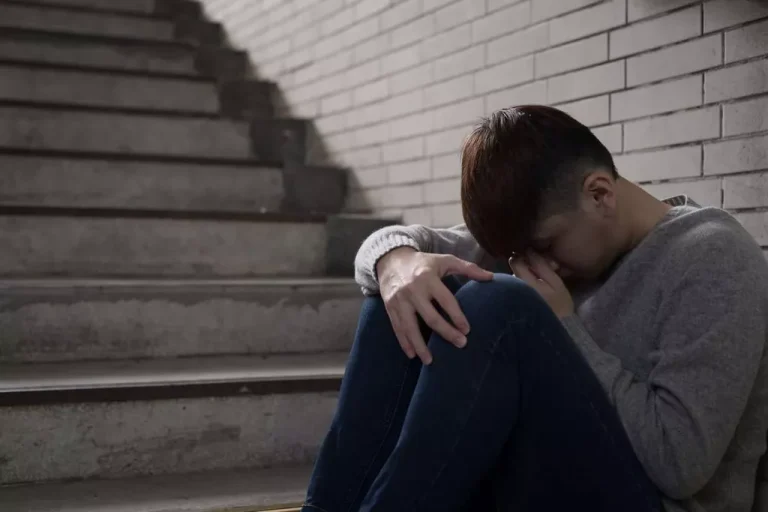
How Heavy Alcohol Use Causes Anxiety
Over time, alcohol can Alcoholics Anonymous use up and reduce the chemicals, or neurotransmitters, in your brain that it needs to ward off anxiety and depression. This can make you want to drink more to relieve difficult feelings. Statistics from the Australian Institute of Health and Welfare show 37% of people with mental health conditions drink at unsafe levels, compared with 32% of people without a mental health condition.
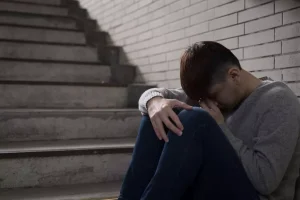
Generalized anxiety disorder and alcohol use disorder are medical conditions with FDA-approved medication options. At Monument, physicians can prescribe naltrexone or antabuse to support your sobriety if safe and appropriate for you. You can learn more about naltrexone vs antabuse, and connect with a physician to discuss your specific needs.
Hangxiety and the link between alcohol and mental health
In fact, if you’re experiencing anxiety, drinking alcohol could be making things worse. At Talkiatry, we specialize in psychiatry, meaning the diagnosis and treatment of mental health conditions. Your body, however, is always looking to establish equilibrium, or balance. A heavy influx of alcohol can lead to your body blocking its own GABA receptors in an attempt to re-establish this equilibrium. With fewer GABA receptors available, your body can naturally absorb less GABA, which inhibits your ability to naturally calm down and can lead to panic attacks.
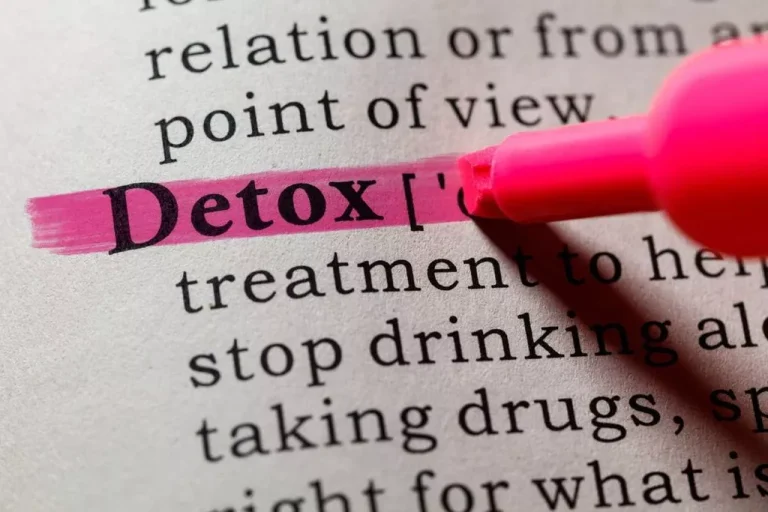
Support for alcohol and mental health
This is why so many people suffer from “hangxiety” the day after a night of heavy drinking. While it can be genuinely tempting to use alcohol to help anxiety, alcohol isn’t a safe or effective anxiety treatment. Occasional moderate use can start out innocently, but beware the tolerance that develops and the increasing need for alcohol.
Other treatments such as anxiety self-help, therapy, and medication will be much more successful in the long run. Having a supportive social network will offer you emotional support and encouragement as you change behaviors related to drinking. Positive social interactions can help relieve anxiety and ultimately reduce your need for using alcohol as a coping mechanism. Additionally, incorporating stress-reduction techniques such as mindfulness, exercise, and relaxation exercises can help alleviate anxiety symptoms.
